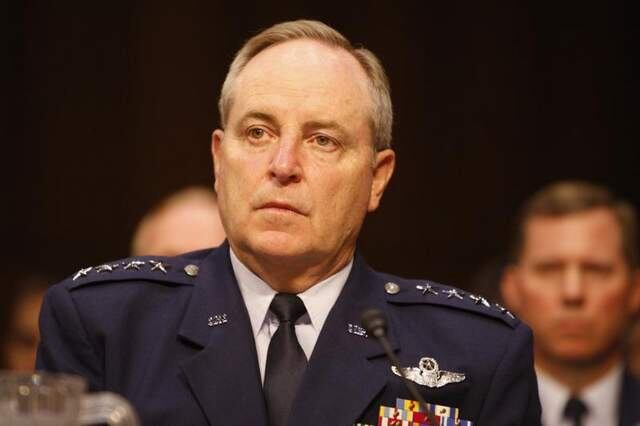As part of the fiscal year 2017 National Defense Authorization Act (NDAA), sSenators will consider potential changes to aAirmen’s compensation, specifically in the form of what the military calls Basic Allowance for Housing (BAH). The regressive nature of the proposed legislation effectively removes BAH as part of Regular Military Compensation (RMC). This would reverse nearly 20 years of deliberate legislative action to ensure service members are appropriately compensated for their service and their salaries remain competitive with private-sector professionals.
Specifically, the legislation, NDAA as written, would once again widen the gap between private-sector workers and those who that serve in our nation’s military. All Aairmen would lose discretion and access to a significant amount of their income, and the greatest impact would be felt by dual-military families, women and our most junior aAirmen.
First, the proposal would have a substantial impact on our dual-military families — families in which both members serve in their own right and make constant sacrifices for the nation. Dual-military couples now account for more than 34,000 people in the Air Force.
A real-life example is telling: Consider a family consisting of two married service members, a master sergeant and technical sergeant with a child, stationed in Little Rock, Arkansas. Under the proposed reductions, they would lose half of their entitlement, which is an annual loss of more than $16,000. This results in a financial penalty for dual-military families.

Air Force Chief of Staff Gen. Mark Welsh
Photo Credit: Staff
Second, the proposed change in BAH would unduly penalize female service members. At the crucial, five-year career point, 28 percent% of female aAirmen on active duty are married to another military member. That is in contrast to only 6 percent of active-duty male aAirmen married to another military member. The five-year career mark is around the time women leave the service for a number of reasons, and when they do so they leave at nearly twice the rate of men. Simply put, we cannot afford to cut compensation for 28 percent % of our female workforce — they’ve worked hard to get to this point, and our nation has invested a lot into them. This proposed change is unfair to women in uniform.
Finally, the amendment would have a disproportionate impact on our most junior Aairmen. As they begin their military careers, our young Aairmen often live together to save on housing costs, which has the added benefit of building camaraderie.

Chief Master Sergeant of the Air Force James A. Cody
Photo Credit: Mike Morones/Staff
Consider a typical example: Three senior airmen in North Dakota currently room together in an apartment with rental costs of $1,500 a month as they work to defend our nuclear missiles in the region. Under the current proposal, each airman's BAH would be reduced to $326, or $672 less a month and $8,064 less a year. Together they would no longer be able to afford to rent the apartment. This has the effect of discouraging our young airmen from living together in an effort to save money for a future family, home or retirement.
The talented men and women of the Air Force are called upon each day to perform crucial missions around the world. In every one of those mission areas, airmen are the key to our success. Taking care of those airmen must always be our first priority; each and every one of them earn their current pay and compensation.
While we remain mindful of the current budget pressures across the Defense Department, cost savings need to be tempered by the need to retain our talent, which is truly a national asset. Fortunately, the Senate will consider amendments to the NDAA this week to remove the proposed change to BAH from the final legislation.
We strongly urge the Senate to remove the BAH amendment detailed in Section 604 of the NDAA and support the exceptional men and women who serve our country in uniform.
Secretary of the Air Force Deborah Lee James
Air Force Chief of Staff Gen. Mark A. Welsh
Chief Master Sergeant of the Air Force James A. Cody
-




